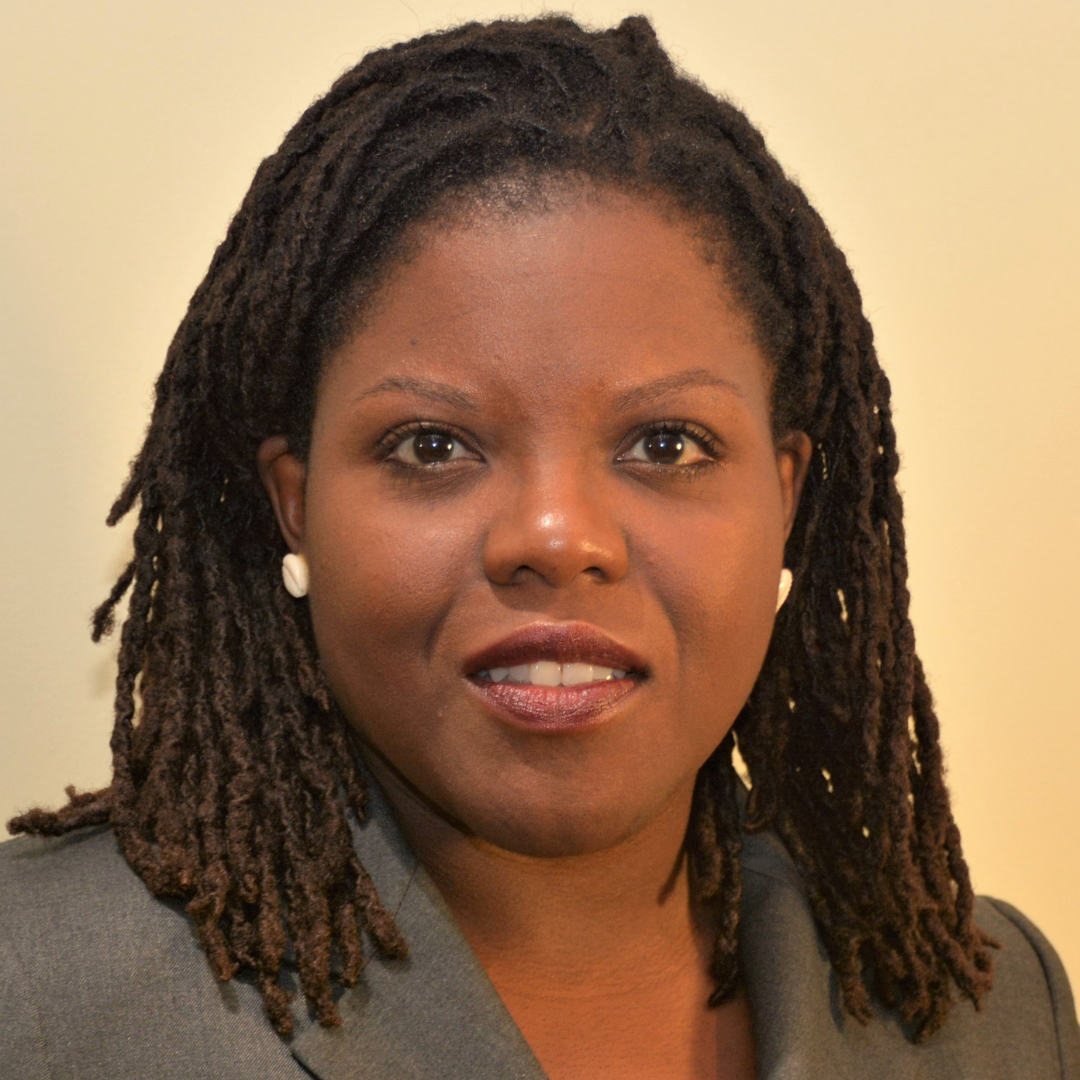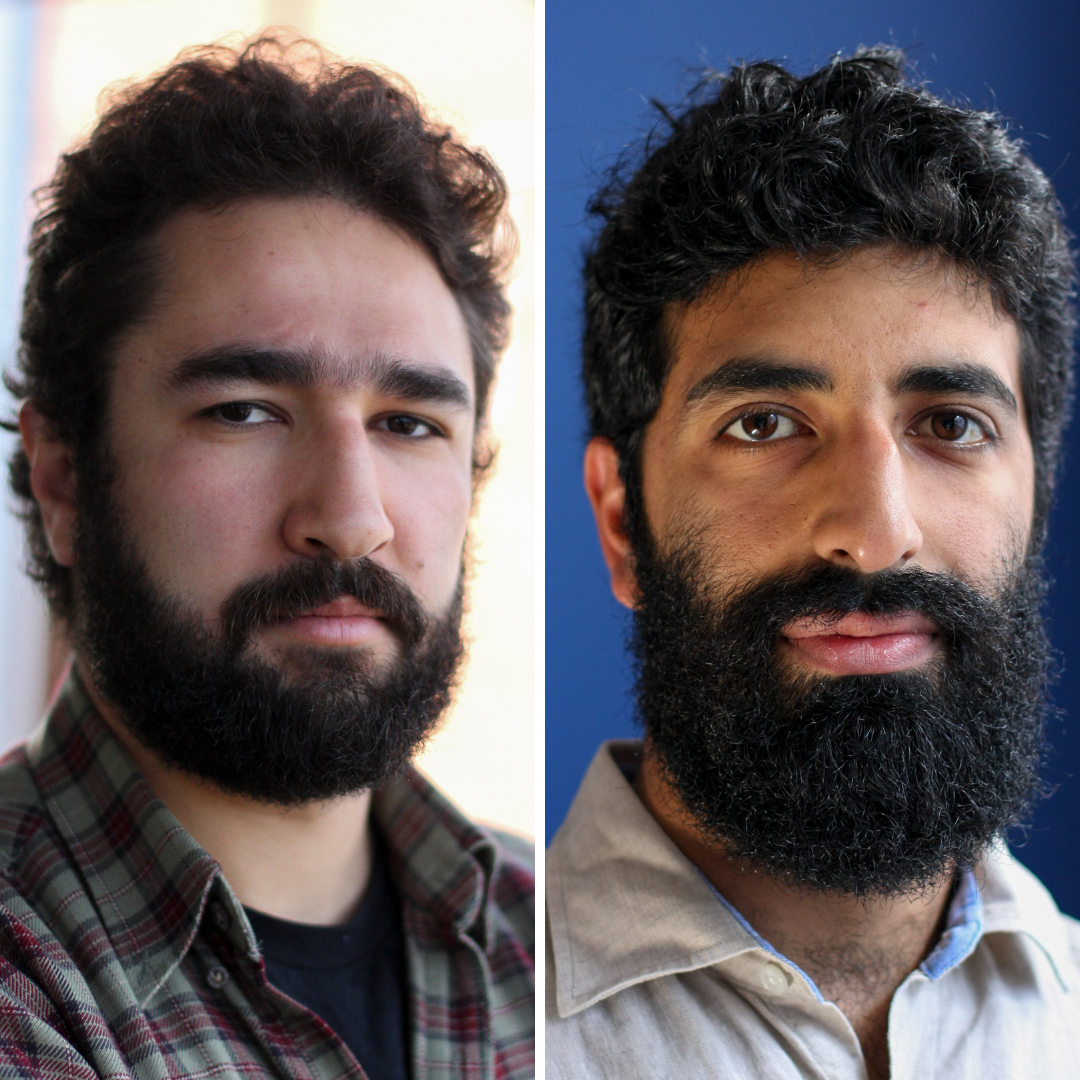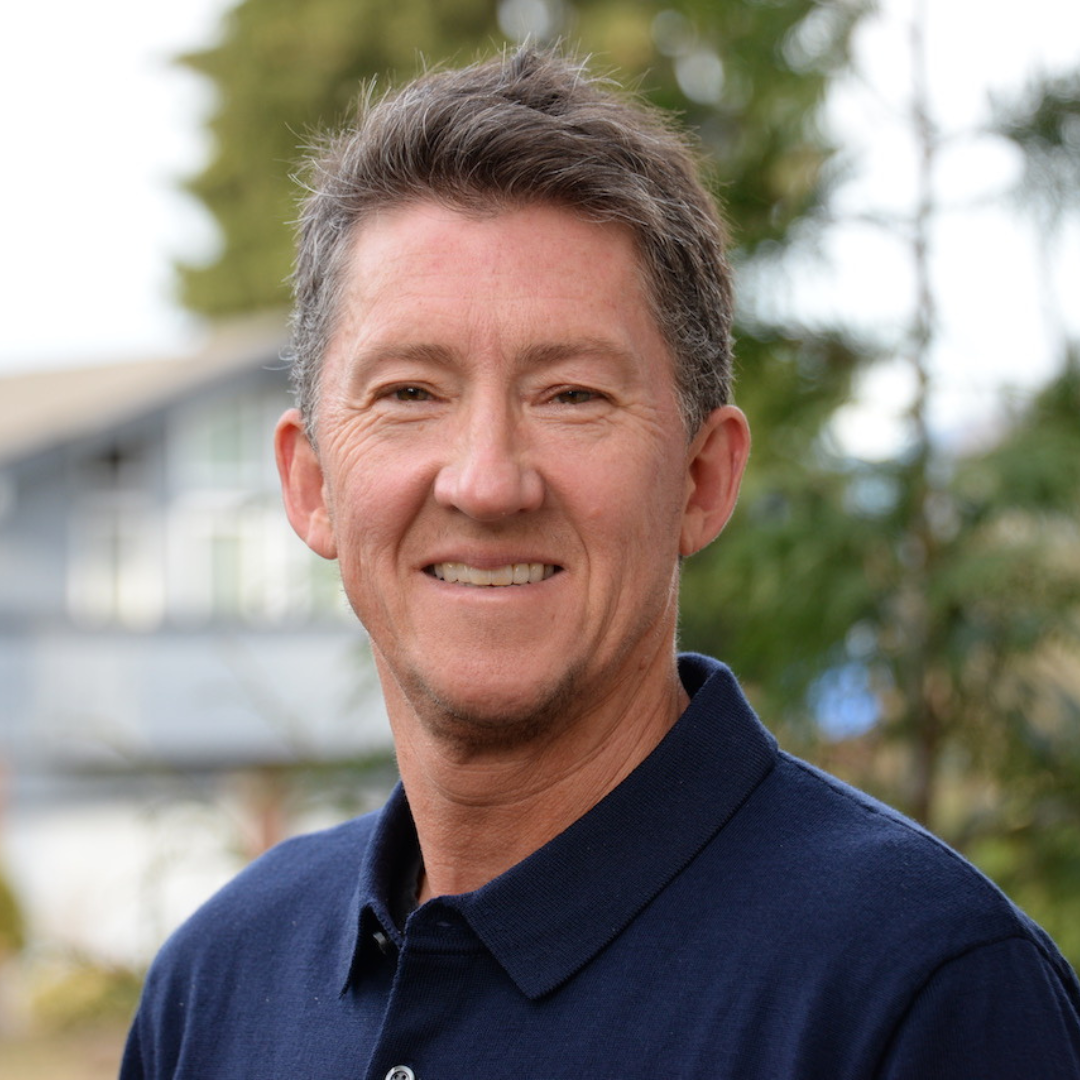
Join the filmmakers and other experts to discuss some of the themes explored in the film.
Friday,
March
10,
2023
12:10pm
-
1:00pm
ET
Online
via
Zoom
or
In-Person
in
REN
2106
WARNING: This film contains graphic violence, please take care while watching.
There are three ways to engage with this event:
- Fully online: After registering using the link below, watch the film using the link and password emailed to you. Then, join the conversation via Zoom using the link emailed to you, and participate in the discussion online.
- Hybrid: After registering using the link below, watch the film using the link and password emailed to you. Then, attend the in-person discussion in REN 2106 starting at 12:10pm.
- Fully in-person: View the film at Renison in REN 2102, starting at 10:30am (note the earlier start time to allow for the screening). Following the screening, participate in a discussion and Q&A in REN 2106. Note: no RSVP is required for fully in-person participation, you may simply join us in 2102/2106.
Panelists:

Ruth Cameron is a PhD student at Wilfrid Laurier University in Community Psychology, a member of the African, Caribbean and Black Network of Waterloo Region, and the Executive Director of the AIDS Committee of Cambridge, Kitchener, Waterloo and Area (ACCKWA). She is a former member of the Ontario Advisory Committee on HIV/AIDS. Ruth’s intersectoral health equity work engages intersectionality as framework for systems-level interventions in health equity. She focuses on interventions intended to improve health, safety and well-being for Black, Indigenous, racialized and LGBTQ communities. Her consulting work focuses on anti-racist, anti-oppressive organizational development.

Marc Serpa Francoeur and Robinder Uppal are documentarians whose work builds on lifelong interests in social justice issues. They are the co-founders of Lost Time Media, which has produced a wide range of linear and interactive documentaries since 2013. Their interactive documentary THE WORLD IN TEN BLOCKS(2016) was featured at Hot Docs, Sheffield Doc/Fest, and launched episodically in partnership with The Globe and Mail. Their short documentary THE HEAD & THE HAND (2018) was listed by DOC NYC as one of the top twelve contenders for the Oscars’ Documentary Short category. In 2019, they produced HAVEN, an award-winning short about North America’s first prescription heroin program. In 2020, they released ABOVE THE LAW (CBC Docs POV) in tandem with the feature-length NO VISIBLE TRAUMA, a scathing exposé of police brutality and accountability issues in their hometown of Calgary. They are currently in post-production on LOVE IN THE TIME OF FENTANYL, a feature-length documentary produced in partnership with ITVS and with the support of the Sundance Documentary Film Program.

Lorimer Shenher is a produced screenwriter (Da Vinci’s Inquest) and the author of That Lonely Section of Hell: The Botched Investigation of a Serial Killer Who Almost Got Away and This One Looks Like a Boy: My Gender Journey to Life as a Man. These two acclaimed non-fiction books have been optioned for television and nominated for numerous awards, including the Kobo Emerging Writer Prize, BC Book Prizes Hubert Evans Award, and the Edna Staebler Award for Creative Non-fiction.
A queer trans man and former 28-year major crimes detective with the Vancouver Police, he is an outspoken critic of policing as an institution. Lorimer’s writing on the intersections of police culture, accountability, marginalized identities, and social change has appeared in numerous publications and in audio and video documentary productions. His 2021 six-episode podcast series, “Dusting for Prints: Policing, Culture & Culprits” explored the intersections of policing, race, identity, culture, diversity for profit, and more with guests from the social justice and creative fields.
About the film, 'No Visible Trauma:
In the midst of a global uprising against police brutality and systemic racism, NO VISIBLE TRAUMA examines a deeply troubled police department and reveals the devastating consequences of unchecked police brutality. Despite its relatively low crime rates, recent years have seen the Calgary Police Service shoot and kill more people than officers in any other Canadian city, and more than either the New York or Chicago police departments in 2018. Five years in the making, the film unravels the intertwined stories of three individuals who were the victims of extreme violence at the hands of police officers. From the kidnapping and beating of a young immigrant from Ghana, to the fatal shooting of an unarmed man during a “wellness check,” the film exposes a criminal justice system that fails to hold police officers accountable for their actions.